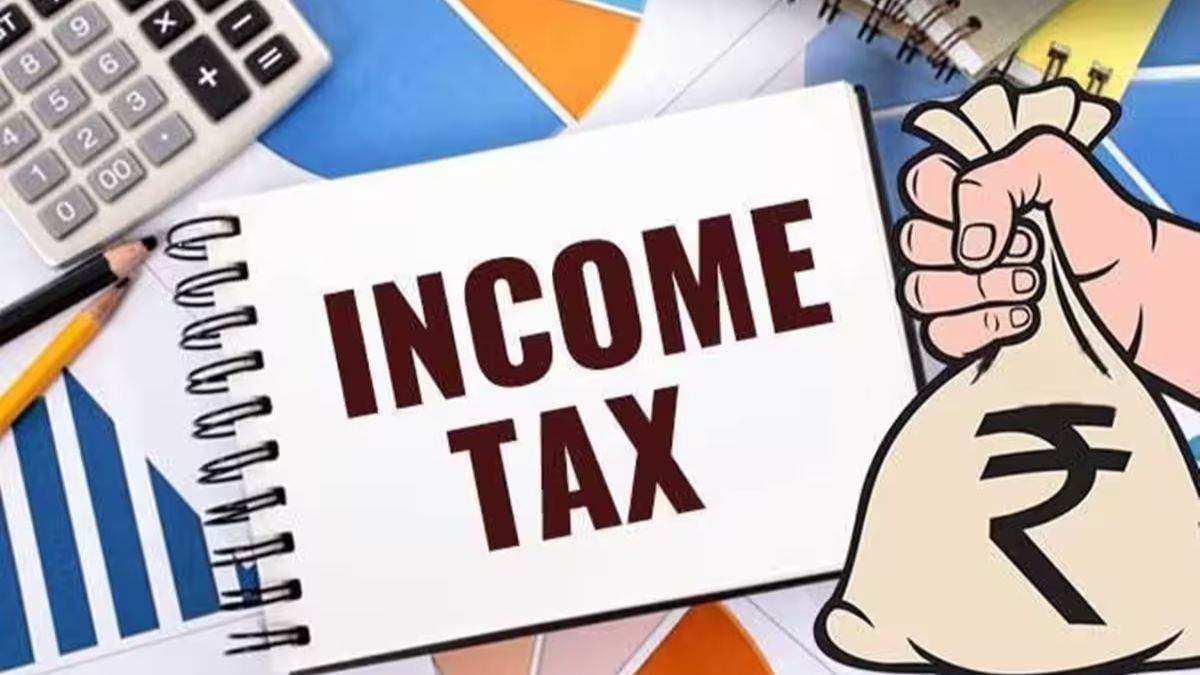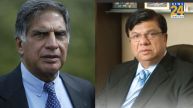Recent findings from a survey conducted by PB Fintech, the parent company of Policybazaar, shed light on the income tax preferences of Indian taxpayers. The survey, encompassing 1,263 participants across 350 cities in India, divulged that the majority—63%—adheres to the old income tax regime, while 37% have shifted to the new one.
Surprisingly, the survey highlighted a meticulous trend among female participants, with 74% opting for their tax regime after detailed calculations, slightly edging out the 71% of men who did the same, according to an ET report citing the survey.
Delving deeper into investment preferences, the survey revealed that those favoring long-term investment plans tended to stick with the old regime. Provident fund (PF) investments emerged as the most popular choice, closely followed by life insurance and other related instruments.
Sarbvir Singh, the joint group CEO of PB Fintech, praised the conscious decision-making process, noting that approximately 80% of respondents made informed choices based on tax liability. Singh highlighted the overarching financial prudence demonstrated across different demographics, including various income groups, age brackets, and genders.
The survey portrayed a demographic breakdown among respondents—82% men, 15% women—alongside insights into their professional backgrounds. Salaried individuals represented 67%, while business professionals accounted for 15%, with 6% being lawyers, doctors, or similar professionals, and 12% retired individuals.
Interestingly, the survey revealed that one-third of the participants didn’t perform any calculations before selecting their income tax regime. Among the remaining two-thirds, 38% based their decisions on advice from financial advisors.
Among those favoring the old income tax regime (46%), the tax-free status of their long-term investments remained a significant deciding factor. Notably, 67% of salaried individuals leaned towards the old regime, while 49% of businesspersons preferred the new one.
It’s worth noting that the new income tax regime has become the default option from the financial year 2023-24, applicable for the assessment year 2024-25. Individuals opting for the old regime will need to make a specific choice while filing their income tax returns.
Also Read: Shiv-Raj Comes To End! Here’s Why BJP Didn’t Pick Chouhan













